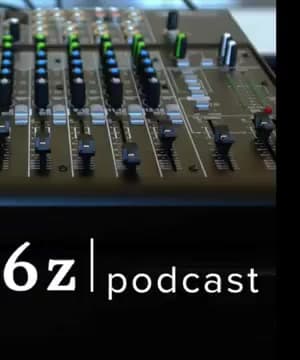Behavior modeling
Sources:
Behavior modeling is a multifaceted concept discussed by various experts across different contexts, including education, self-improvement, parenting, and technology. Here are some insights:
Key Insights from Experts
-
Role Models vs. Conversations:
- Adam Grant emphasizes that role models are more effective than conversations in shaping behavior. Seeing behavior in action provides a concrete example and raises expectations, whereas conversations may trigger resistance or have less impact 1.
-
Behavior Design Model:
-
Mental Models:
- Laurence Gonzales highlights how mental models help us categorize and respond automatically to our environment. These mental templates make us efficient and are developed through repetitive actions and experiences 4.
-
Modeling Behavior in Parenting and Leadership:
- Rob Dial stresses the importance of parents and leaders modeling the behavior they want to see in others. Children and team members learn by observing and imitating the actions of those they look up to 5.
- Mr. Chazz Lewis and Jonathan Fields concur that modeling appropriate behavior, rather than just giving instructions, is crucial for influencing children's development and trust building 6.
-
Technological Innovations in Behavior Modeling:
These insights collectively emphasize that behavior modeling is an integral part of education, personal development, leadership, and even technology, underlining the importance of aligning actions with desired outcomes for effective influence and improvement.
RELATED QUESTIONS-
